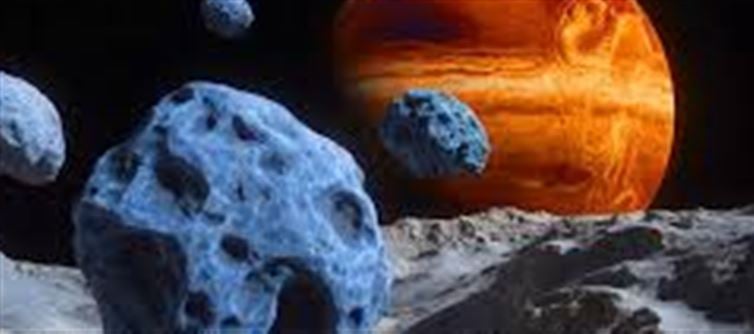
Scientists have uncovered a new cosmic concern — nearly invisible asteroids lurking around Venus that could pose a risk to Earth in the long run. Here’s what you need to know about this intriguing and important discovery:
1. What Are These Hidden Asteroids?
Researchers have identified a group of asteroids orbiting near Venus, often called “co-orbital asteroids” because they share a similar orbit around the Sun. These asteroids are small, dark, and extremely hard to detect with current telescopes, making them stealthy neighbors.
2. Why Are They Dangerous to Earth?
While these asteroids currently orbit near Venus, gravitational forces and other factors could eventually nudge some of them onto paths that intersect with Earth’s orbit. Over decades or centuries, these shifts increase the possibility of impacts.
3. How Were They Discovered?
Thanks to advanced astronomical surveys and simulations, scientists have started tracking these elusive space rocks. Using computer models, researchers predicted their orbits and potential future trajectories, revealing the hidden threat.
4. What Could Be the Impact?
Though these asteroids are relatively small, an impact event could still cause significant regional damage on Earth. Early identification helps scientists prepare and develop possible asteroid deflection strategies to protect the planet.
5. What’s Next for Research?
· Continued monitoring of Venus’s neighborhood using powerful telescopes.
· Enhanced space missions dedicated to tracking near-Earth objects (NEOs).
· Development of early-warning systems and planetary defense technologies.
Bonus: Why This Matters to You
Asteroid impacts, even rare, can have serious consequences for life on Earth. Understanding and preparing for these threats is crucial for global safety, and this study sheds light on an often-overlooked asteroid population.
Final Thoughts
The discovery of hidden asteroids near Venus reminds us that space is full of surprises — and sometimes, dangers. But with ongoing research and technology, scientists are better equipped than ever to protect our planet from cosmic threats.
Disclaimer:
The views and opinions expressed in this article are those of the author and do not necessarily reflect the official policy or position of any agency, organization, employer, or company. All information provided is for general informational purposes only. While every effort has been made to ensure accuracy, we make no representations or warranties of any kind, express or implied, about the completeness, reliability, or suitability of the information contained herein. Readers are advised to verify facts and seek professional advice where necessary. Any reliance placed on such information is strictly at the reader’s own risk..jpg)




 click and follow Indiaherald WhatsApp channel
click and follow Indiaherald WhatsApp channel